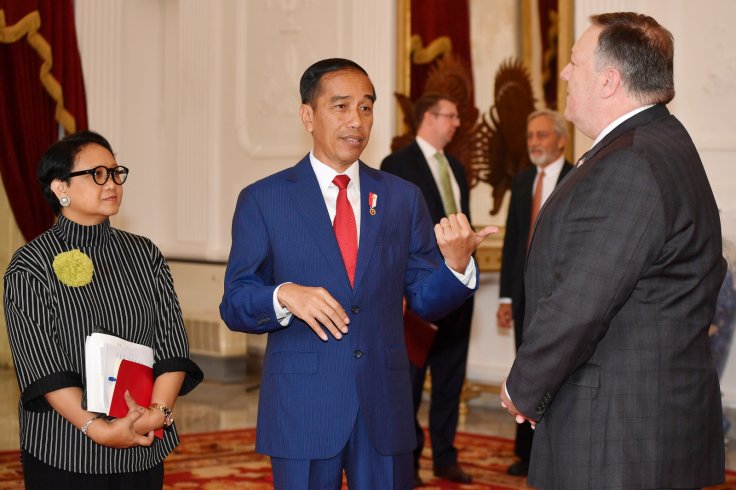Indonesia has identified China and Russia as sources of an ongoing wave of relentless cyber assaults intended to disrupt the country's presidential elections on April 17.
The attacks originate in Russia and China, said Arief Budiman, head of Indonesia's General Elections Commission or KPU. Budiman also said some of the cyberattacks are attempts to "manipulate or modify" content. Others aim to create ghost voters, or fake voter identities.
"They try to hack our system," according to Budiman. "Not only every day. Almost every hour," he said.
The KPU head said it remains unclear if the motive of this continuing wave of attacks is "to disrupt Indonesia" or to help one of the candidates win. Incumbent president Joko Widodo is squaring-off against Prabowo Subianto, a former special forces general in the election.

"Voter behavior can be changed by de-legitimizing the organiser of the election (the KPU)," said Budiman.
"What we see now is some people, some parties, trying to create distrust of the KPU, because it will lead to distrust of the process and result, and eventually trigger conflicts."
Budiman said the KPU will ensure a transparent and fair election. International observers have been invited to monitor the vote, he said.
Last year, Communications Minister Rudiantara said there was evidence Widodo was being targeted by false claims aimed at discrediting him. He said some of the attacks originated overseas.
KPU recently met with representatives from Twitter, Facebook and Alphabet (Google's parent firm) in an attempt to ensure social media platforms won't be used to spread hoaxes and manipulate the political process.
Facebook said it's temporarily restricting any paid material from advertisers based outside Indonesia that are related to politicians, parties or attempts to encourage voter suppression.
The unceasing string of cyberattacks is taking place as Indonesia clamps-down on fake news and the use of social media to influence voters. The cyberattacks from Russia remind one of Russia's interference in the 2016 U.S. presidential election that elected Donald Trump, Russia's favored candidate.
With about a month to go in the campaign, Widodo holds a lead of some 20 points over Prabowo in the most recent poll. This gap, however, is narrower than in previous polls, and suggest Prabowo has campaigned far more aggressively than Widodo.
This article was first published in IBTimes US. Permission required for reproduction.









